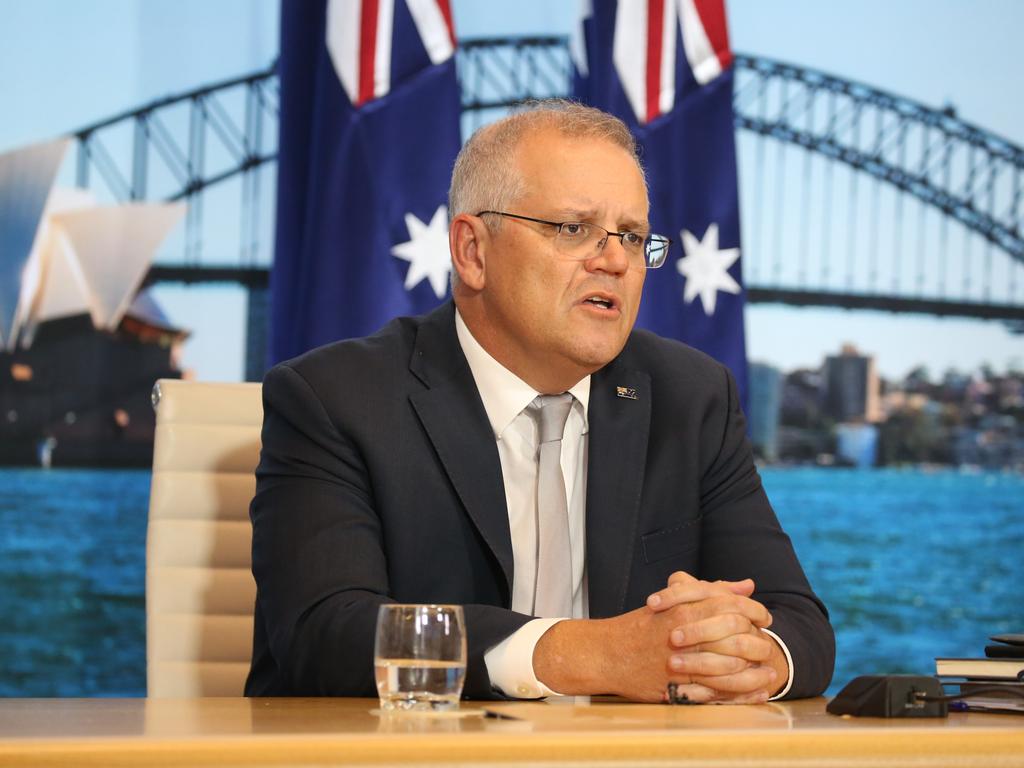Climate fallout too risky for investors
The Investor Group on Climate Change says trends across policy and financial markets driving the response to climate risk are ‘irreversible and intensifying’.

The Investor Group on Climate Change — representing institutional investors with total funds under management of more than $2 trillion — says trends across policy and financial markets driving the response to climate risk are “irreversible and intensifying”.
The three major trends identified by the IGCC as influencing institutional investor responses include the “clear and growing evidence of the systemic risks climate change poses to the economy, financial system and sustainable returns for beneficiaries and clients”.
In its submission to a parliamentary inquiry into the prudential regulation of investment in Australia’s export industries, the IGCC said “emerging regulatory and legal guidance in almost all major global financial centres, including Australia” was that climate change poses “foreseeable, material and actionable risks that directors and trustees have a fiduciary duty to address”.
The climate group, which includes members covering 7.5 million people in Australia and New Zealand, said the global transition to net zero emissions was “accelerating, and Australian export industries are already exposed to this through the policy changes and capital shifts in key trading markets”.
“This shift is being accelerated by the falling costs of many zero-emissions technologies, the deployment of green economic stimulus by governments and changing consumer preferences in key markets,” the IGCC submission says.
Climate groups on Wednesday rejected claims by oil and gas industry lobby group APPEA that “extreme environmental front groups” were using shareholder tactics as a “backdoor to stopping projects and killing jobs”.
In its submission to the parliamentary inquiry, APPEA said the industry was being confronted with “growing activism both in the form of protest movements and increasingly in the form of shareholder activism”.
In the Australian Workers Union submission, obtained by The Australian, national secretary Daniel Walton called-out activists for taking “shareholder resolutions to directly target commercial decisions of institutions or companies”.
Mr Walton said for institutional investors, “activists have sought to make them responsible not only for their own emissions, or the direct emissions of the companies that they lend to, but for the global emissions that result from the use of their product”.
“This is despite the fact that these ‘scope 3’ emissions are outside of Australia’s control and are already subject to international agreements,” Mr Walton said.
“All risks associated with institutional investment decisions should be properly disclosed.
“However, some shareholder activism is undertaken with a goal of stopping projects altogether. This ignores the complex and multifaceted ways that gas projects benefit workers, the Australian economy and the global transition to lower emissions.”
Mr Walton said the gas sector had been “particularly targeted by shareholder activism, for both onshore and offshore gas developments”.
“Contrary to the claims of some shareholder activists, gas will remain necessary as part of the Australian and global energy mix into the future,” he said.
The IGCC, which says decisions by investors are not about the influence of activist groups but rather material financial risks, said as a trade-reliant, internationally exposed economy, Australia could not avoid the “global transition to net zero emissions and the impact it will have on our export industries, particularly emissions intensive ones”.








To join the conversation, please log in. Don't have an account? Register
Join the conversation, you are commenting as Logout